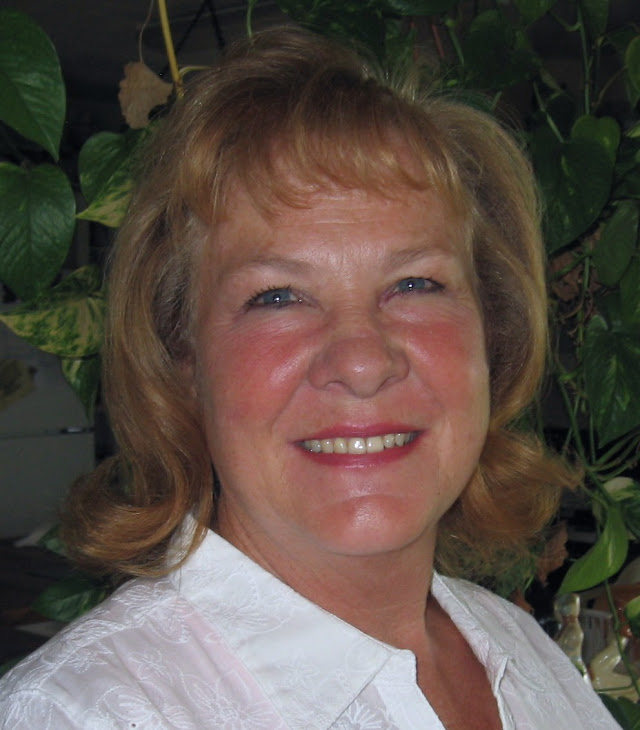In reflecting back over the practicum experience at Dean B. Ellis Library at Arkansas State University in Jonesboro, I see at least two decisions that support the experience description as “invaluable.”
1) Choosing the largest and most technically modern library available (advice of my LIS 689 advisor, Dr. Teresa Welsh); and
2) Broadening the practicum study to view the entire library organization rather than limiting to technology only.
Large and Modern. The Dean B. Ellis Library houses 536,900 books and periodical bound volumes, 531,307 federal and state documents, and 482,122 units in microform http://www2.astate.edu/a/library/about/about-the-library.dot. Electronic print journals and databases number over 175 http://ds7av9ek5z.search.serialssolutions.com/. A staff of 13 professional librarians and 24 support personnel acquires, organizes, and services the collection
http://www2.astate.edu/a/library/about/about-the-library.dot. These numbers plus numerous other services constitute a large library. Technology resources include over 150 computers and software. The library’s catalog is powered by ExLibris Voyager and maintains two browsers for customer preference, the Classic Catalog and the Ellis Library Catalog. Additionally the catalog can be accessed via handhelds such as mobile phones. Acquisitions (and invoice payments) and cataloging are mostly completed using the latest electronic resources. OCLC resources are valuable networks for these departments. The Maps and Floorplans page of the library’s Web site indicates the size of the facility and collection http://www2.astate.edu/a/library/about/getting-around/floorplans.dot .
One benefit of experiencing a large library is in its collection. The collection includes most subject fields, but emphasizes education, history, fine arts, general reference, law and American and English literature http://www2.astate.edu/a/library/about/about-the-library.dot. While working in acquisitions and cataloging, I noticed a very balanced selection of controversial items. Because this is an academic library, topics are open for discussion and research. This upholds the American Library Association polices on free expression and the right to provide information http://www.ala.org/ala/aboutala/missionhistory/keyactionareas/index.cfm.
My previous library experience and current LIS coursework is greatly supplemented and improved upon by experiencing library technology in its newer phase. In a short few years, libraries have evolved from print manual processes to faster, more efficient electronic tools. The tools benefit both the library staff and the patrons. Being able to physically work with and use these newer tools is a great and invaluable benefit to LIS theory education.
A very educational experience for me is in the departmentalization of a large library. Coming from library employment in a smaller community college library where two to three persons ran the entire library, I was surprised at the singularity of tasks within each department. Indeed, on the first and last days of the practicum, Technology Supervisor Myron Flagstad, noted that he rarely sees any patrons. I do wonder how little personal contact can be advantageous. Please note that the departments are efficiently managed, but are confined to certain spaces and duties. These opening and closing comments of the Assistant Library Director add to the mystery of such departmentalization – a mystery I am not ready to confront at this time. However, this experience taught me that I prefer working with the patrons and faculty in a more direct manner. Also, my leadership philosophy now includes a more webbed approach rather than hierarchal approach to the library organization. A broader practical library experience includes public services and special collections as well the important technical services.
Library Departments. The library is organizationally divided into four departments: Administration, Public Services, Technology, and Special Collections. Technology includes acquisitions, cataloging and processing, systems, and Web services. Public services includes circulation, reserves, interlibrary loan, reference, serials, media services, government documents, and microforms. Visiting special collections and archives was by far the most educational of my visits because I had no previous experience with this type of collection.
Differences in archives and special collections at first seem to conflict with the open minded attitude of free information. However, it is the mission of special collections to preserve the information by limited access to a closed shelf policy. Housed on a floor designed especially for security and protection of the collection, items are available for viewing under special permission. Patrons do not browse shelves, but request items to be placed in a special viewing area. All personal items are cleared and stored in patrons lockers. Pencils only are allowed at the viewing table. The environment is controlled to preserve the items with humidity, temperature, and sunlight monitored frequently. Patrons of special collections and archives are definitely welcome and invited to research the material with the understanding and agreement to help preserve the items. This attitude is especially different from the open shelf policy of the general library.
Public services is where the library rubber meets the patron road. Serving patrons and university faculty is the ultimate goal of all library services. Public service is the manifestation and culmination of all departments. From the liberal free printing of academic information to the fast turn-around for interlibrary loans to the information literacy classes to the numerous computers and software labs, the Dean B. Ellis Library earnestly strives to fulfill the mission of the university.
Thank you from the bottom of my heart. The mission of the 689 Practicum was accomplished with much thanksgiving to the Dean B. Ellis Library administration and staff. Each department welcomed me and dedicated at least one full work day (or more) to further my LIS 689 Practicum education. Repeatedly I found each person and department friendly and extremely accommodating. Invaluable friendships and professional acquaintances indeed add to the value of the practical experience. Again, I say, the practical experience at ASU’s Dean B. Ellis Library is INVALUABLE.
.jpg)

Dean B. Ellis Library Home Page
Arkansas State University
American Library Association
Followers
About Me
